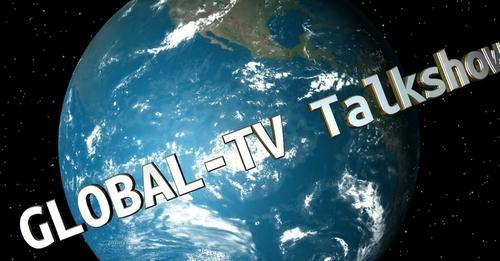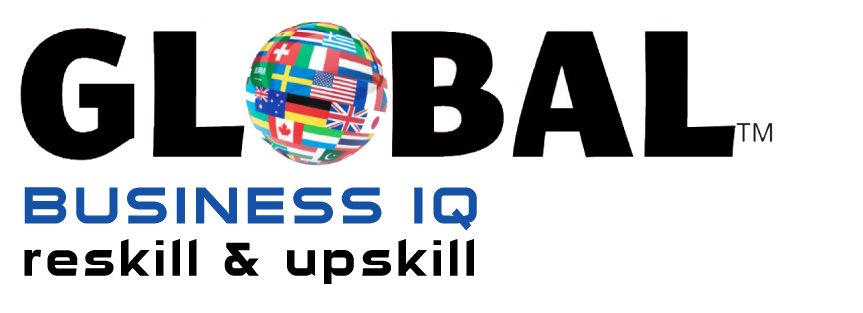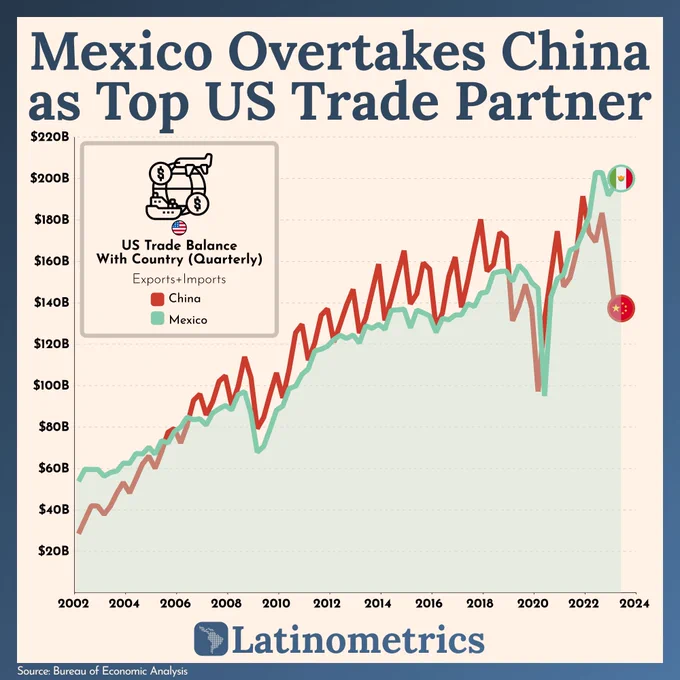LatAm4.0
OCT 3




About this conference:
Ed Cohen- Producer, Editor & Moderator
publisher@globalbusiness.media
 YES,
YES,
we are
LINKMAKERS™
LatAm is a fast-grow region, diverse with strong cultures and values.
Global business requires the strength and the values developed from within the diversity.
The future: Coaching & Mentoring transferees while on assignment to further develop specific skills, learn specific techniques and “the why” (strategies, tactics, attitudes) that will better enable measuring values, augmenting the R-O-I for the company and for the assignee.
A true win/win.
I invite you, come, be introduced, listen, participate in every dialog, exchange contact info for the follow-ups.
Warm welcome to what I call the
GlobalMeetingRoom™.

Masterminds of Talent Development, Mobility, Retention
International Lawyer
I guide you to unlock your global success
Business Expansion
Immigration
Rio de Janeiro
International lawyer, I was born in Argentina, based in Brazil entrepreneur, and visionary founder, I thrive at the intersection of law, business, immigration and social impact.
With a strong presence in Latam, I lead two dynamic companies #immigrationConsulting & #IntGrows , committed to propelling my clients towards global success.

Through adept legal guidance, strategic business insight, intercultural awareness and immigration knowledge.
I empower my clients to navigate the complexities of the world, ensuring they achieve their international objectives while mitigating risks.
If you share a passion for international law, entrepreneurship, and creating a meaningful impact, I’d love to connect.
Together, we can explore opportunities, exchange insights, and forge collaborations.
We are not just companies, we are a movement of citizens of the world!
Sergey Gorbatov
in Amsterdam
https://www.theedgeyouneed.com
SMALL CHANGES CAN LEAD
TO BIG DIFFERENCES.
WHEN YOU FIND AN EDGE.
An edge is your unfair advantage
Do you develop and leverage it?
Are you aware of what you need and what you have?
My approach is anchored in fast, yet rigorous execution, leveraging my expertise, and maintaining a strategic mindset to deliver impactful solutions. With experience spanning the FMCG, oil & gas, pharmaceutical, educational, and NGO sectors, I have a proven track record of success in country, regional, and global roles.
As a thought leader and life-long learner, I write, speak, and teach about the complex issues of talent and human performance, simplifying them for my audience.
If you’re interested in discussing talent management, leadership development, or collaborating on a project, feel free to connect with me or send a message.

Ileana Ferber
Texas
– Advise governments on economic growth strategies (i.e. diversification, energy transition, PPP)
– Train critical stakeholders to solve economic development challenges in resource-rich countries
– Promote investment in energy projects in developing countries
– Develop local workforce and supplier development programs
– Create platforms to transfer technology

Award-winning Leadership Author
Keynote Speaker
Time to Change the Way You Measure Leaders
Steven Howard is the award-winning author of 22 leadership, business, and professional development books. His latest book is Humony Leadership: Mindsets, Skills, and Behaviors for Being a Successful People-Centric Leader. In awarding the book a Gold Medal, the Nonfiction Authors Association called Humony Leadership “a significant work with an important mission.”
Steven was named to the 2023 Top 200 Global Biggest Voices in Leadership list by the LeadersHum network in recognition of his thought-provoking and leading-edge thinking on leadership.
Steven was also named to the Brainz CREA Global 2023 list of top entrepreneurs, influential leaders, and innovators for his thought leadership and writing.
His book Better Decisions. Better Thinking. Better Outcomes. How to go from Mind Full to Mindful Leadership, received a Silver Award from the Nonfiction Authors Association. He is also the co-author of Strong Women Speak on Leadership, Success, and Living Well.
A highly accomplished platform and virtual speaker, Steven provides Leadership Keynote Speeches globally for public and corporate conferences, off-site meetings, leadership retreats, product launches, and association meetings.
Social Media Links
www.twitter.com/StevenBHoward www.twitter.com/HumonyLeaders linkedin.com/in/stevenbhoward https://www.youtube.com/@stevenhowardonleadership www.instagram.com/humonyleadership www.CalienteLeadership.com www.HumonyLeadership.com www.StevenHowardSpeaks.com
AUDIENCE participation “snapshot”
GlobalBusinessNews.net + GlobalTVtalkshow.com
20,750 1 Jan 23 – 19 May 23;
231,028 1 Jan 20 – 19 May 23; launched GlobalTVtalk 3/20
560,487 1 Jan 15 – 19 May 23; joined Google Analytics 1 /15
AUDIENCE views ![]() linkedin.com/in/edwinbcohen
linkedin.com/in/edwinbcohen
318,097 impressions across past 365 days, including more than 5000 past 7 days, reported LinkedIn recently.
SATISFIED MEMBER of GlobalPressClub,
James Moss, London & New York












